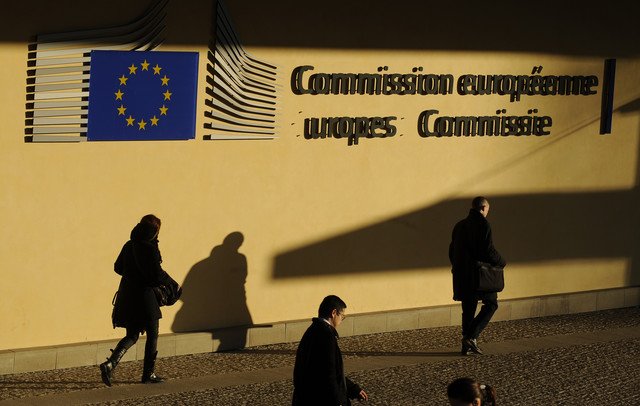
A new EU summit is getting under way in Brussels with issues of jobs and growth expected to dominate its agenda.
The eurozone as a whole has been in recession for more than a year and unemployment is now just under 12%.
France and some other countries want more flexibility in the budget targets set by the EU Commission, as austerity has provoked widespread protests.
France and Spain, hit hard by the debt crisis, expect to miss their budget deficit targets this year.
But Germany’s Chancellor Angela Merkel remains determined to keep Europe focused on budget discipline, to prevent any resurgence of market jitters about eurozone stability.
Cyprus, whose major banks are crippled by debts, wants to secure an international bailout of up to 17 billion euros ($22 billion). There is unlikely to be a deal on that at the Brussels summit, as EU finance ministers are still working on the details.
A eurozone summit will follow the main EU summit late on Thursday. Foreign policy issues, including relations with Russia, will be the focus on Friday.
Proposals to deepen eurozone integration will dominate an EU summit in June. The first “building block” of that will be a banking union, which will give the European Central Bank (ECB) far-reaching supervisory powers.

There is a big debate in the EU about whether austerity is making the prospects for recovery worse.
The debate has been given new impetus by last month’s Italian election, where an anti-austerity protest movement led by the comedian Beppe Grillo performed very strongly.
This is expected to be the last EU summit for outgoing Italian PM Mario Monti, an unelected technocrat who had firm backing from Brussels but got just 10% in the election.
Some economists argue that in current circumstances austerity can actually make government borrowing rise, partly because of the impact that declining production has on tax revenue and welfare spending.
There is a drive in the EU to pursue tax evaders, including some big corporations who exploit the complexity of commercial law to reduce their tax bill.
[youtube i9SIYBWLkrA]